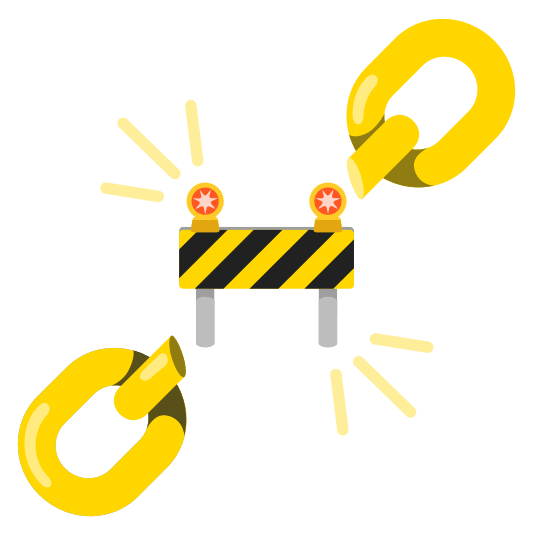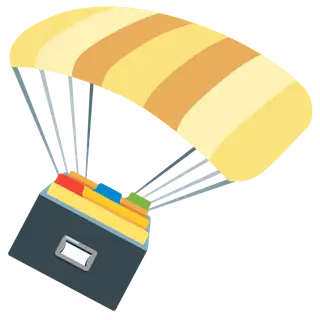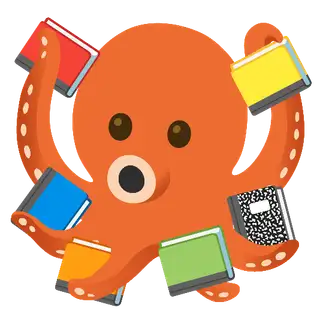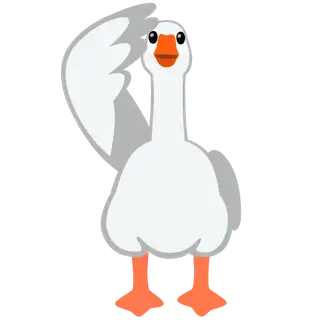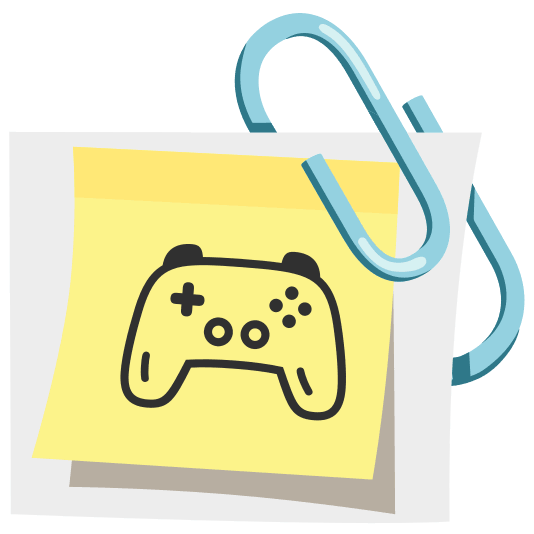
Links for game developers
A collection of links for practising and future game developers. Engines and art software, learning resources, assets, project management tools, services, et cetera.
Table of Contents
Game engines
Recommended for beginners
- Construct 3: a freemium 2D engine with some 3D features, runs in the browser (and works offline too). It has a no-code event system, or you can develop in JavaScript or TypeScript. The free version is quite limited, but it's good for getting a general feel of the engine. The full version requires a subscription.
- GDevelop: A free 2D / limited 3D engine that is fairly similar to Construct. It has some optional paid features.
- GameMaker: this 2D engine has been along for a long time and it's free for non-commercial use. For commercial projects, you need to buy a very fairly priced license (one-time purchase).
- microStudio: Open source 2D engine, has a browser based and downloadable version too. Supports many programming languages, including its own Lua-like microScript language, as well as Lua, Python, Javascript, and Typescript.
- GB Studio: open source development environment for making GameBoy or GameBoy Color games, that can run on real hardware, emulators or in the browser. It has a block based no-code programming interface.
- Ct.js: open source 2D engine and development environment. Has a block based no-code interface called Catnip, or you can use JavaScript to code your game.
- Twine: open source engine for making interactive fiction games. Runs in the browser, requires no coding, but it can be extended with CSS and JavaScript.
- Bitsy: open source 2D no-code engine for making retro games.
- Whimsy: free 2D no-code engine inspired by Bitsy. It has browser based and downloadable versions as well.
- RPG in a Box: very fairly priced 2D/3D engine and editor primarily for making RPG games. It has a no-code interface with optional scripting support with its own Bauxite language.
- RPG Maker MZ / MV / VX / XP / etc: a family of 2D no-code engines for making RPGs. Requires a one time purchase, but most versions have 30 day free trials available.
- RPG Paper Maker: open source 2.5D engine inspired by RPG Maker. Its free for non-commercial use, making commercial games requires a fairly priced lifetime license.
- PuzzleScript: open source brower based 2D engine and scripting language for primarily for making retro puzzle / action games.
The big three
- Godot: popular open source 2D/3D engine. Can be programmed via its own Python-like GDScript language, or C#.
- Unity: popular commercial 2D/3D engine, with a massive community and array of learning resources. Can be programmed via a node based no-code interface, or C#. It has a free version and multiple subscription based plans with advanced features.
- Unreal Engine: free engine primarily for making 3D games. Can be programmed via Blueprint, a node based no-code interface, or C++.
A few more recommendations
- LÖVE: open source 2D engine based on the Lua language.
- PICO-8: commercial (but very fairly priced) Lua based 2D engine and "fantasy console" for making retro games.
- TIC-80: open source engine and "fantasy console", similar to PICO-8.
- quadplay✜: open source engine and "fantasy console", which can be programmed using its own language called PyxlScript.
Assets (2D / 3D graphics, sounds, music)
- Itch.io: an asset marketplace with tons of free and commercial 2D/3D art, sound effects and music.
- OpenGameArt: free and mostly permissively licensed asset repository.
- Kenney, aka. Asset Jesus: an incredible collection of hand made CC0 licensed 2D and 3D assets, music, sound effects.
- Quaternius: CC0 licensed low poly 3D models.
- PolyPizza: free and mostly permissively licensed 3D low poly asset repository.
- Share Textures: a collection of CC0 licensed textures.
- Poly Haven and ambientCG: a collection of CC0 licensed 3D models and textures.
- 99Sounds: a collection of free to use sound effects.
- Lospec: a repository of pixel art palettes and tutorials.
- Incompetech: CC-BY licensed music by Kevin MacLeod.
- Freesound: free and mostly permissively licensed sound effect repository. Downloading requires a free account.
- FontSpace and Google Fonts: free and mostly permissively licensed fonts.
- Google Webfonts Helper: alternative Google Fonts frontend for downloading fonts in specific formats (woff, woff2, ttf, otf, eot, svg).
- Pixabay: a repository of free nad permissively licensed 2D, 3D, vector graphics, sound and music assets.
Project management & collaboration
- Trello: kanban-style freemium project management tool.
- Miro: "infinite board" type freemium collaboration tool.
- Notion: freemium tool for collaboration.
- Obsidian, Logseq: popular open source apps for knowledge bases, planning, note taking, documentation, et cetera.
Learning resources
- Red Blob Games: free interactive visual explanations of math, algorithms and game mechanics.
- Game UI Database: game UI reference for designers.
- Coffee with Butterscotch: a gamedev comedy podcast by Butterscotch Shenanigans, an indie game studio, equally hilarious and insightful.
- Pixel Art Tutorials: incredible animated pixel art tutorials by Pedro Medeiros (Saint11).
- Omnicalculator: learning resource and interactive calculators.
- Game Feel Demo by Deepnight Games: an interactive demonstration of a lot of ways to add "juice" to a game.
If you like this list, be sure to check out a similar collection by clovelt, which also contains resources on business, marketing and publishing.

